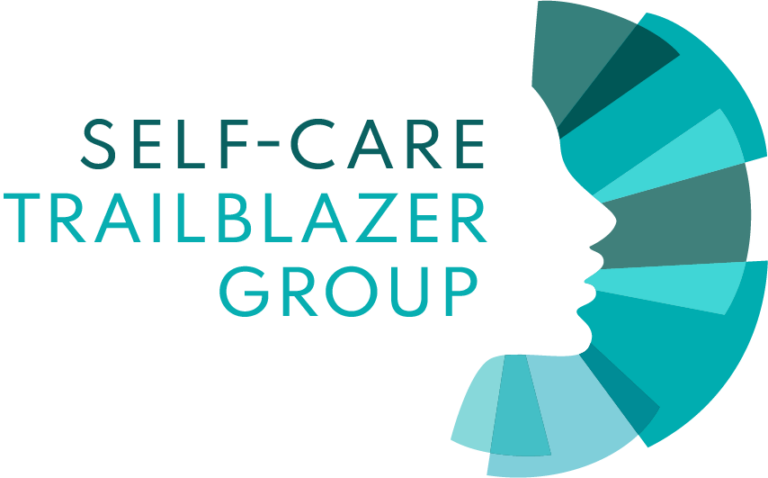By Sandy Garçon, Senior Communications Manager, PSI and Global Advocacy & Communications Lead, Self-Care Trailblazer Group
Global health took center stage at this year’s United Nations General Assembly with not just one, but three High-Level Meetings taking place in the last week of UNGA: Pandemic Prevention, Preparedness and Response; Tuberculosis; and Universal Health Coverage (UHC).
While these convenings signaled the political will, they don’t negate that time is running out to achieve access to essential health services for all. From COVID-19 to monkeypox and the re-emergence of polio, the alarm bells are blaring, signaling the urgency to create and sustain more resilient health systems equipped to manage crises and ongoing public health challenges.
At the UN High-Level Meeting on UHC, world leaders committed to taking key national actions, making essential investments, and reinforcing international cooperation at the highest political level to accelerate progress towards Universal Health Coverage by 2030. The cornerstone approach remains primary healthcare (PHC), which can meet 90% of a person’s health needs throughout their lifetime. But, strengthening and expanding PHC requires countries to prioritize and invest in creative solutions, including self-care.
The success of interventions like self-diagnostics and self-managed contraception is undeniable. Despite the growing evidence and its vast potential, self-care is often overlooked as a tool to achieve UHC. Self-care was entirely omitted from the final 2023 Political Declaration on UHC, adopted by UN Member States. Regardless of this shortsighted omission on the global stage, many countries are already leading the way, adopting existing normative guidance and adapting self-care best practices to their local contexts.
Implementing integrated self-care approaches — with or without provider support — can deliver safe, effective, high-impact, and affordable care to millions around the globe. There is already consensus on how to scale the adoption of self-care methods following the release of the World Health Organization (WHO) Consolidated Guideline on Self-Care Interventions for Health in 2019 and updated and expanded in 2022.
PSI and our partners in the Self-Care Trailblazer Group are calling on global leaders and Member States to include self-care metrics in the accountability and implementation mechanisms that will track UHC’s progress. Along with our other stakeholders, we are also driving towards a WHO resolution to give self-care legitimacy and ensure it is entrenched in national health policies worldwide.
Self-care is a good investment for individuals and health systems. As the ultimate task-shifting strategy, it can support health systems to more efficiently use limited resources to manage conditions requiring providers’ support. Enabling people to access self-care technologies in their own homes and communities can address barriers to care by enhancing convenience, privacy, and confidentiality while giving individuals more decision-making power and autonomy.
However, it is critical to ensure that these approaches are linked to health systems — for example, through appropriate counseling, referral, and follow-up care — and that additional costs are not simply passed on to individuals.
Access to self-care is integral to reformed health systems, with the understanding that it is not a substitute for a government’s responsibility to provide quality services. The global health community has a unique opportunity to reinvigorate progress toward health for all, but only if we take urgent action to mainstream self-care in all health systems, policies, and programs.
